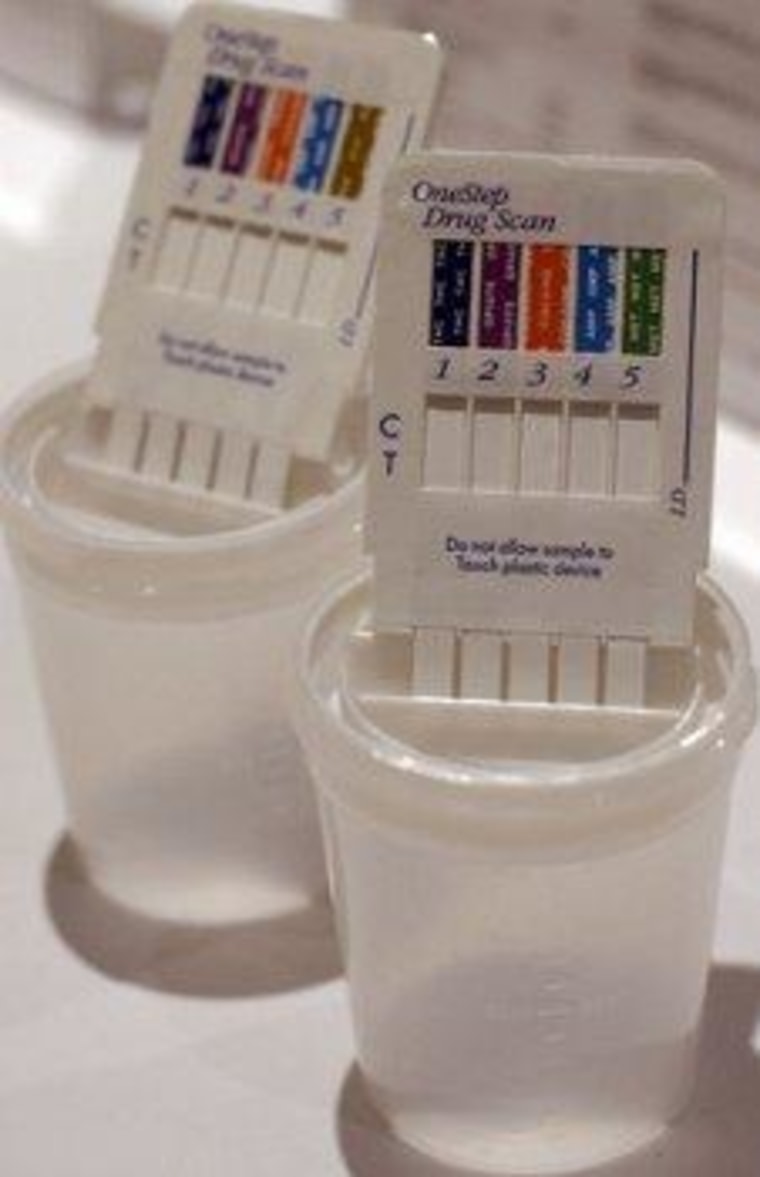A couple of years ago, Florida Gov. Rick Scott (R) thought he'd come up with a fairly clever idea. After arguing that Floridians on welfare were more likely to be drug addicts -- a claim that went unsubstantiated -- the Republican governor thought it'd a great idea to force welfare applicants to take a drug test before claiming benefits to which they're legally entitled.
For Scott, it checked a lot of boxes -- it was part of an intrusive, big-government conservatism he tends to like; it punished and shamed the poor; and if his thesis was correct, the plan would save Florida money when drug users withdrew from the public-assistance system.
Scott's idea failed miserably. Only about 2% of applicants tested positive, and Florida was forced to reimburse everyone else for the cost of the drug test, plus pay for staff and administrative costs for the drug-testing program, plus pay the legal fees to defend the policy against court challenges -- and the challenges were successful.
After seeing all of this unfold in the Sunshine State, Republican policymakers still want to bring this idea to their own state. Laura Clawson explained the other day:
Looking at the range of drug testing-for-benefits bills being pushed in state legislatures across the country, you almost have to suspect Republicans of some kind of urine fetish. In addition to all the states that are debating or have passed bills requiring people applying for unemployment insurance benefits to pee in cups, drug-testing bills aimed at welfare applicants are being introduced in three states.The specifics would be ripe for comedy if we weren't talking about a concerted effort by the powerful to stigmatize vulnerable people as drug addicts, as if that's the only reason a person might need help in an economy in which there are still more than three job-seekers for every job opening.
Proposals have advanced in Ohio, Virginia, and Kansas, and related measures are under consideration in Indiana and the state of Washington.
Keep in mind, other recipients of public funds -- businesses that receive corporate welfare, for example -- are never subjected to drug tests, only low-income people who are struggling.
